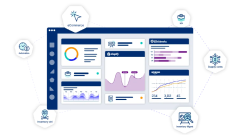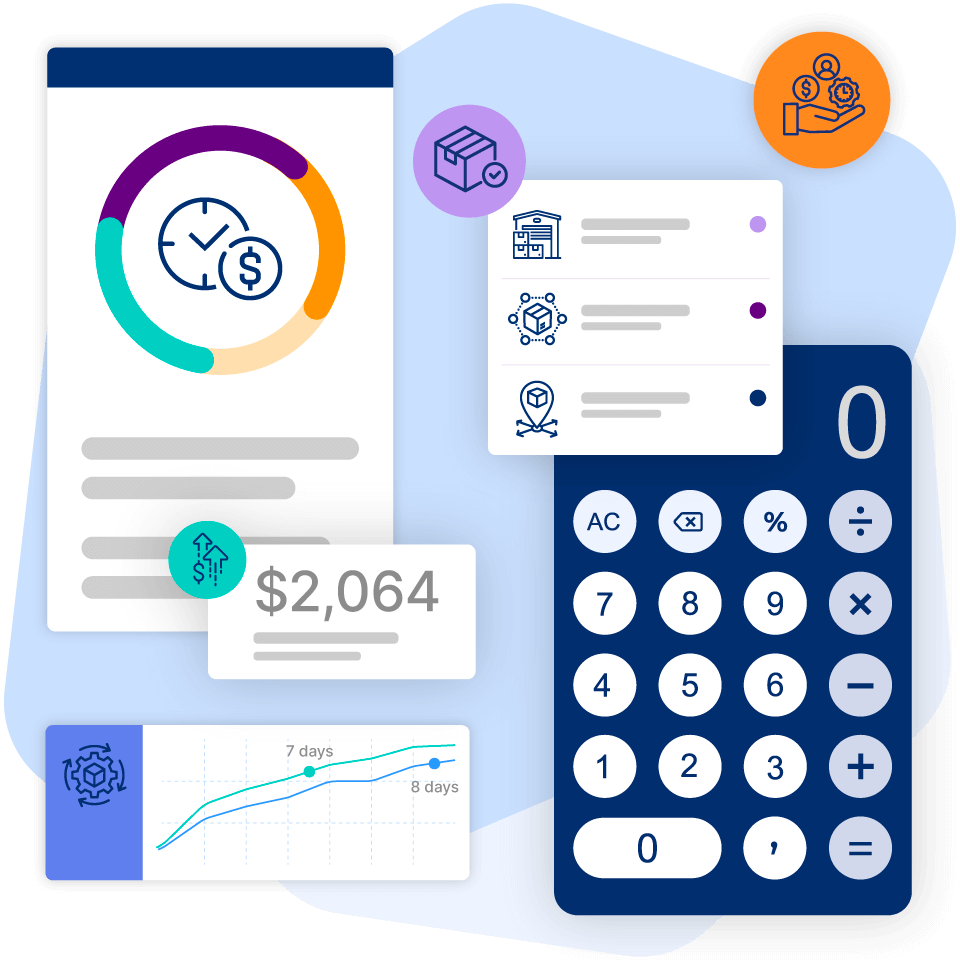How consumerization in B2B is driving growth in sales
In today’s crowded space, businesses are doing what they can to grab and keep their customer’s attention. As a result, marketing has gotten much more personal. This trend began with B2C companies creating personalized, relatable content for their audiences, and is known as consumerization.
However, a popular myth associated with consumerization is that it only applies to B2C companies. This simply isn’t true. Consumerization is visible today in the marketing strategies of most B2B companies as well.
In this blog, we’ll try to understand the phenomenon of B2B consumerization and how it impacts sales.
What is B2B consumerization?
In simple words, B2B consumerization is the result of companies using more technology to engage with their clients. As in the B2C space, where consumers expect to be able to immediately access information and purchase products through digital means, B2B buyers now expect such options from the companies they do business with.
The shift towards B2B ecommerce is widespread. According to 2020 Gartner research, 80% of total B2B sales interactions will be digital by the year 2025. What’s in it for the B2B Sellers?
Makes sales more efficient
Any B2B marketer will tell you that, conventionally, B2B sales have relied heavily on personal relationships with clients. The biggest investment is the time put in to close a sale.
However, with digital products, companies are able to save their sales teams valuable time. By developing deeper insights into the targeted audience’s behavior before approaching the sale, sales teams can curate personalized sales strategies and offerings for their potential clients. This makes it easier to close more deals faster.
Leverage multiple access points
An access point, or a customer touchpoint, is any point through which the customer comes in contact with your brand. That includes radio ads, pay-per-click (PPC) banners, or elevator pitches.
Today, your business most likely interacts with your target audience using multiple touchpoints. Some of the most commonly used channels for B2B marketing are:
- Blogs/articles,
- Emails and newsletters,
- Push notifications,
- Digital and conventional advertising, and
- Social media.
Using multichannel selling, your clients become familiar with your products or services while you have the opportunity to directly interact with potential customers.
Naturally, you’ll want to reach your target market using as many touchpoints as possible. By collecting data from your customers, and with a bit of computing prowess, you can monitor and predict how your target market will react to your products or services.
And the result?
A much more efficient sales strategy with higher sales numbers. If you wish to scale your B2B business, try Cin7. Cin7 not only makes it effortless to manage your B2B orders but also helps in creating an online B2B store. Use it to showcase your product portfolio and boost your sales. Cin7 also comes with built-in inventory management features, so you efficiently manage your stock and prevent stockouts.
To learn more about how Cin7 can help in boosting your B2B business, book a demo with our experts.
More from the blog
View All Posts
18 transformative e-commerce and retail trends in 2024
Read More
Our new ISV partners
Read More




